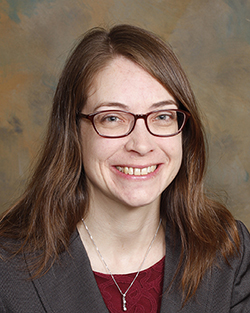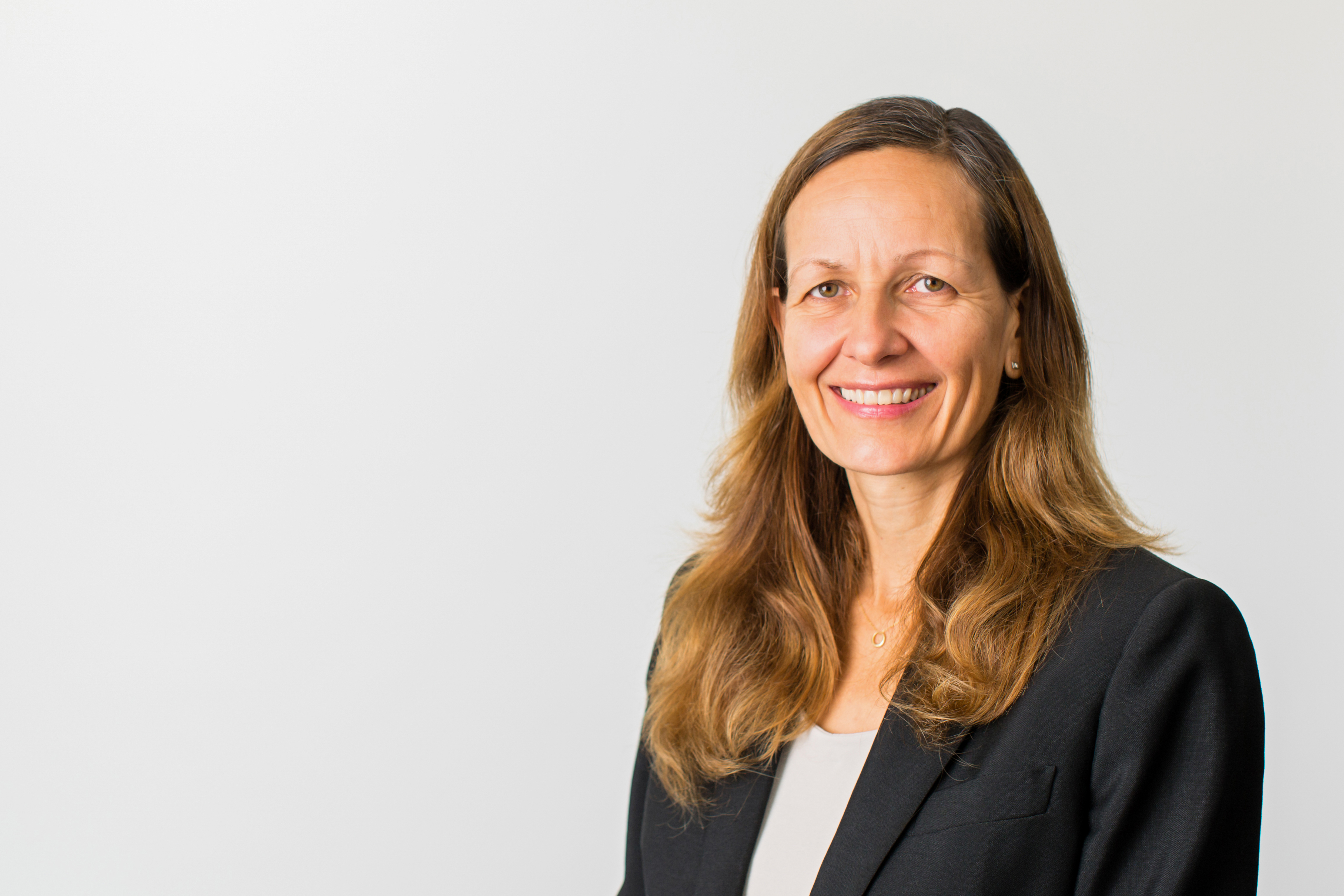
New Precision Medicine Trials Offer Individualized Therapy Based on Tumor Genetics

The UCSF Brain Tumor Center is currently leading multiple clinical trials to investigate a new personalized medicine strategy for both adult and pediatric patients.
Precision medicine is a modern approach to treating a patient based on their individual characteristics. In the case of brain tumors, this might include identification of genetic mutations in a patient’s tumor cells. This may help guide treatment, as certain medications or targeted therapies are more effective for tumors of a specific genetic profile.
Individualized Therapy for Adult Patients
Led by UCSF neuro-oncologist Jennifer Clarke, MD, a new pilot precision medicine trial is currently enrolling for adult patients with recurrent glioblastoma. This is a project in the Glioblastoma Precision Medicine Program, directed by the UCSF Division of Neuro-Oncology.

In the trial, 15 eligible participants undergo surgery as part of their standard of care, with sufficient tumor tissue collected for analysis. The tumor sample is sequenced to determine its gene expression profile.
A multidisciplinary genomic tumor board then reviews the profile and looks for already-FDA-approved drugs to determine that may target the abnormalities found in the patient’s tumors, such as overactive tyrosine kinases or growth factors. The tumor board then recommends an individualized regimen of up to four FDA-approved drugs. Repurposing existing drugs in this fashion is one way to more quickly offer alternative therapies to patients with life-limiting illness who may not be eligible for other clinical trials.
A previous pilot study in 2014, run through the Ivy Consortium, demonstrated feasibility of making the recommendation in a timely fashion but did not provide the actual drugs for treatment.
“With the prior pilot study, we confirmed feasibility of generating an individualized treatment plan in timely, efficient manner,” said Clarke. “With this new trial, we are excited to actually implement the individualized treatments, to start to assess the efficacy of this approach.”
In addition to confirming feasibility of implementing the individualized treatment regimens, and generating preliminary efficacy data, there are multiple correlative components embedded in the trial. While the CLIA-approved UCSF500 next-generation sequencing panel is the profile being used to determine treatment, when adequate tissue is available, patients’ tumors are also being more extensively sequenced with whole-genome and RNA sequencing to assess whether this would change treatment recommendations. In addition, patients’ tumor cells will be cultured and inoculated into “organoids” to generate patient-specific models for further testing.
Individualized Therapy for Pediatric Patients
A similar pilot study is underway for pediatric patients with newly diagnosed high-grade glioma (HGG). In the trial, UCSF pediatric neuro-oncologist Sabine Mueller, MD, PhD, and her colleagues in the Pacific Pediatric Neuro-Oncology Consortium (PNOC) will treat up to 44 children and young adults.
Patients will be enrolled at UCSF Benioff Children’s Hospital San Francisco or at other sites in the 18-hospital PNOC network, a collaborative consortium of pediatric brain tumor centers across the country.
Typically, when a child with high-grade glioma experiences tumor growth or recurrence, oncologists may propose different chemotherapy agents or re-irradiation following surgery, Mueller said, “But these therapies may be incompatible with the tumor’s unique biology and may do nothing to curb disease, while causing debilitating side effects.”

In the trial, researchers will analyze samples of tumor to identify the tumor’s gene expression profile. Any genetic alterations may be matched with existing targeted therapies or investigational new drug (IND) study agents that block the growth of cancer by interfering with the molecular targets that drive progression.
The treatment will be based on each child’s individual tumor profile and will include up to four FDA-approved medications and in special circumstances, IND study agents.
“We have learned a lot about the molecular makeup of high-grade gliomas in recent years and we recognize that their heterogeneity means that a blanket treatment approach fails to reach most patients,” said Mueller. “We hope that this personalized strategy may lead the way to life-saving treatments for children with high-grade gliomas, as well as other treatment-resistant brain tumors.”
In fact, another pilot study is ongoing at UCSF and other PNOC sites, utilizing a similar strategy for individualized therapy for children with diffuse intrinsic pontine glioma (DIPG). With 38 participants enrolled, the trial is active but no longer recruiting.
For more information on enrollment:
- Feasibility of Individualized Therapy for Recurrent GBM
- Clinical Benefit of Using Molecular Profiling to Determine an Individualized Treatment Plan for Patients With High Grade Glioma (PNOC008)